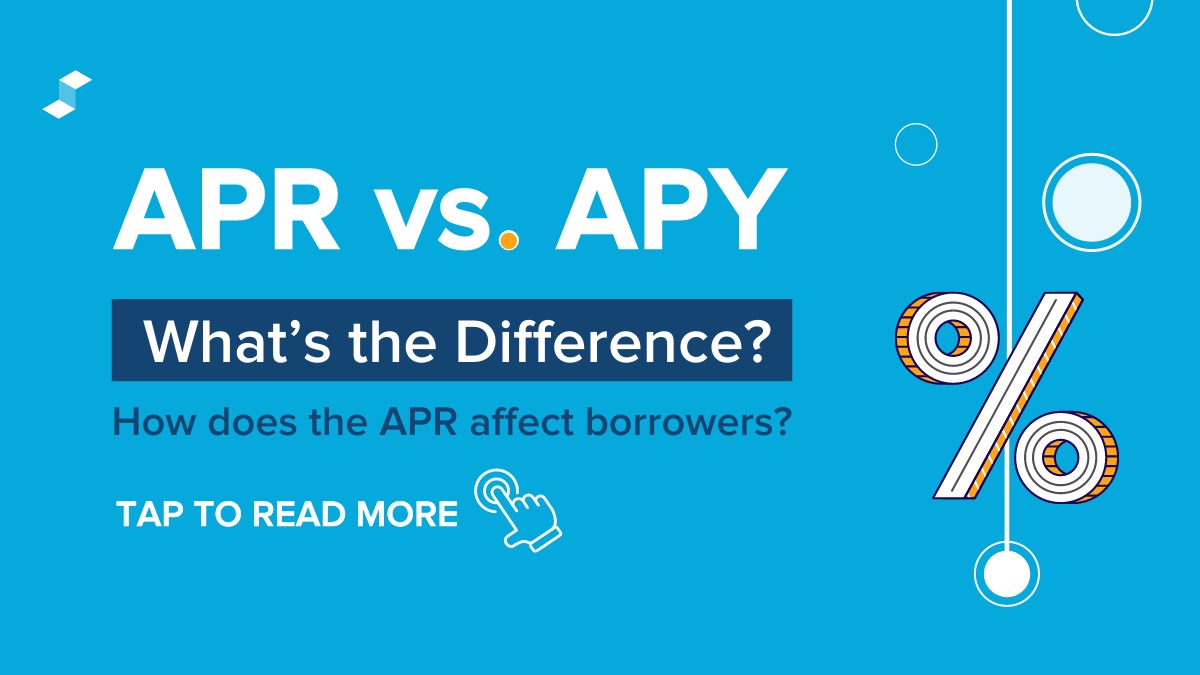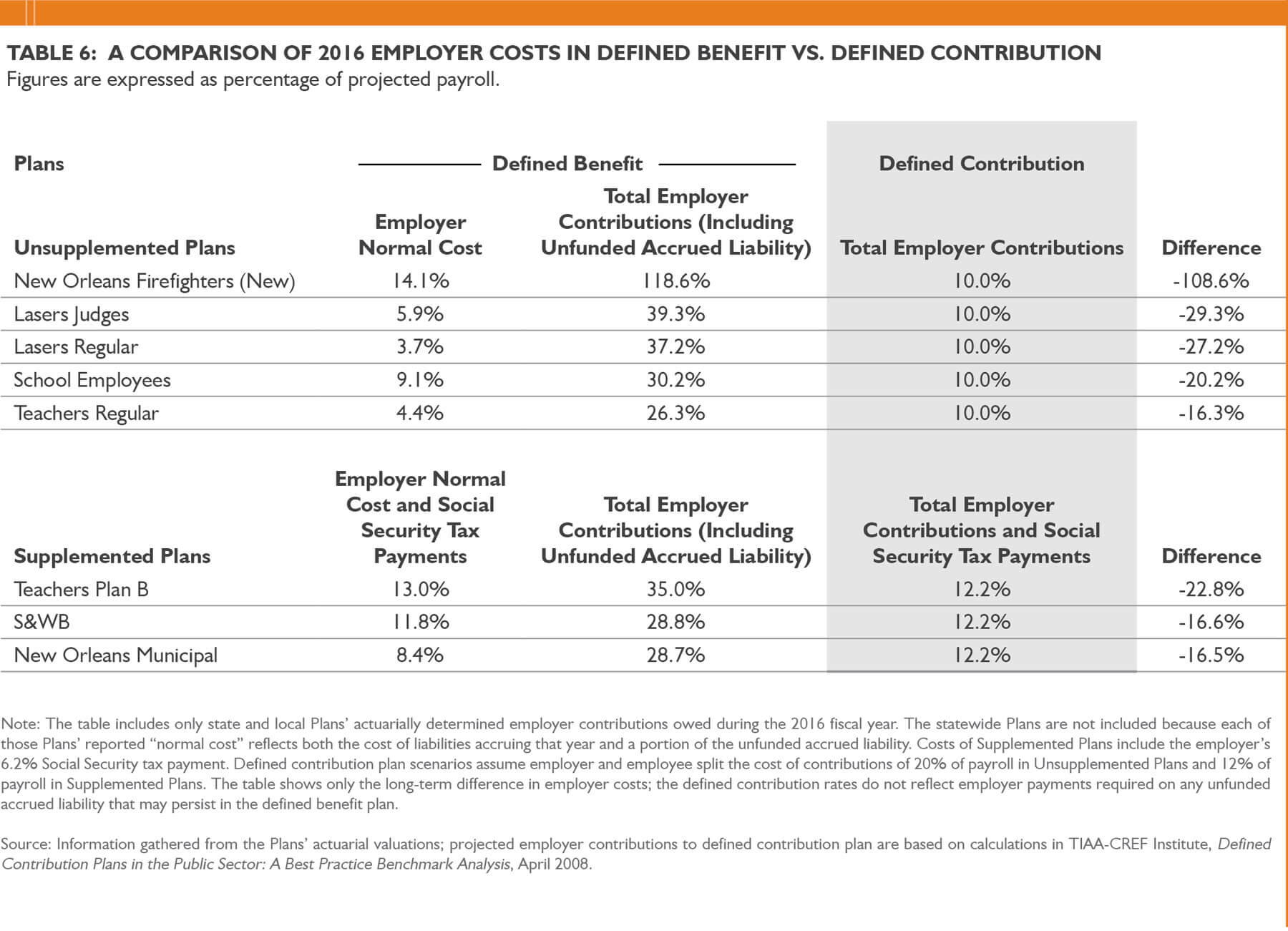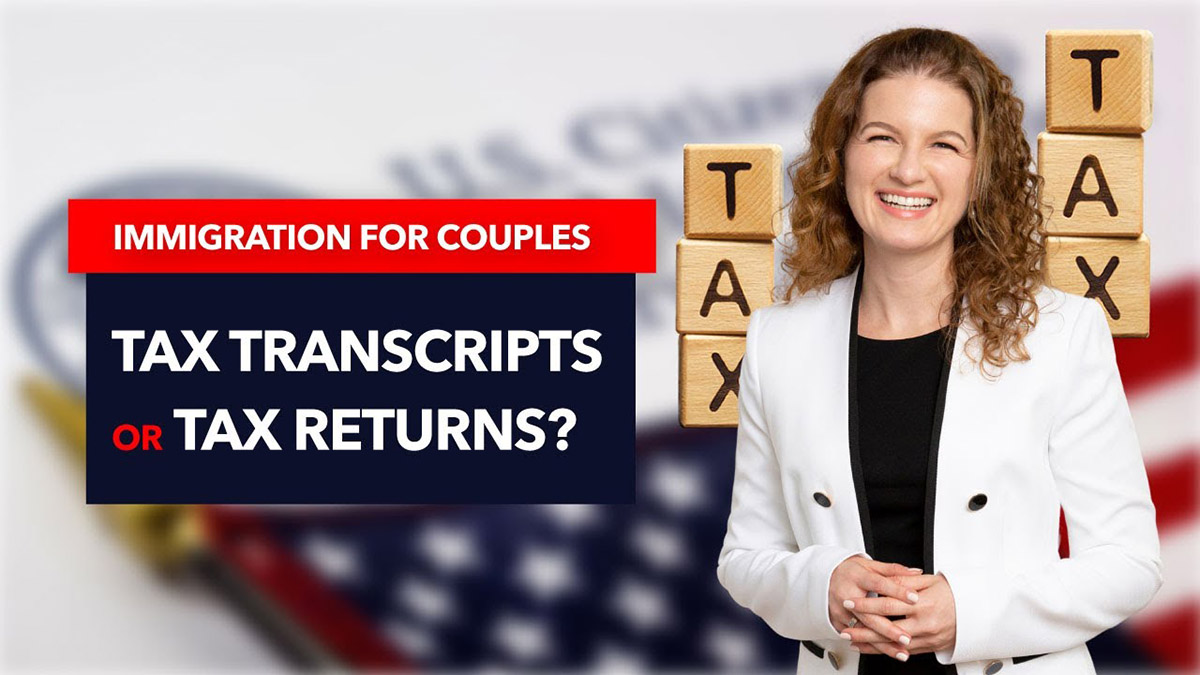Home>Finance>What Is The Difference Between Tax Planning And Tax Avoidance


Finance
What Is The Difference Between Tax Planning And Tax Avoidance
Published: January 21, 2024
Learn the distinction between tax planning and tax avoidance in the world of finance. Understand how these strategies can impact your financial decisions.
(Many of the links in this article redirect to a specific reviewed product. Your purchase of these products through affiliate links helps to generate commission for LiveWell, at no extra cost. Learn more)
Table of Contents
- Introduction
- Definition of Tax Planning
- Definition of Tax Avoidance
- Key Differences Between Tax Planning and Tax Avoidance
- Legal Implications of Tax Planning and Tax Avoidance
- Ethical Considerations of Tax Planning and Tax Avoidance
- Examples of Tax Planning Strategies
- Examples of Tax Avoidance Strategies
- Importance of Proper Tax Planning
- Consequences of Improper Tax Planning
- Conclusion
Introduction
Tax planning and tax avoidance are two terms often used in relation to financial management and taxation. While both approaches involve managing taxes, there are important distinctions between the two. Understanding the difference is crucial for individuals and businesses to ensure compliance with tax laws and maximize their tax benefits.
Tax planning refers to the legitimate strategies individuals and organizations use to minimize their tax liabilities within the confines of the law. It involves careful analysis of financial situations, tax laws, and regulations to identify opportunities and make informed decisions to optimize tax efficiency.
Tax avoidance, on the other hand, involves exploiting loopholes or engaging in activities that are technically legal but are primarily aimed at reducing tax liabilities beyond what is intended by the tax laws. It often involves aggressive tax planning strategies that push the boundaries of legality.
While both tax planning and tax avoidance aim to reduce tax payments, the key difference lies in the legality and ethical considerations of the strategies employed. Proper tax planning is a legitimate and acceptable practice, endorsed by tax authorities, while tax avoidance may be viewed as aggressive and ethically questionable.
In this article, we will explore the differences between tax planning and tax avoidance, including their definitions, legal implications, ethical considerations, examples of strategies, and the importance of proper tax planning. By understanding these distinctions, individuals and businesses can make informed decisions and ensure compliance with tax laws while optimizing their tax benefits.
Definition of Tax Planning
Tax planning is a proactive approach that individuals and businesses take to strategically manage their tax liabilities. It involves analyzing financial situations, examining tax laws and regulations, and making informed decisions to minimize tax payments within the limits established by the law.
The primary goal of tax planning is to legally reduce taxable income, take advantage of tax deductions and credits, and maximize tax benefits. It requires thorough understanding and utilization of various provisions and strategies available under the tax code.
Tax planning encompasses a wide range of areas, including personal finance, business operations, investments, and estate planning. It involves careful consideration of income sources, expenses, investments, and retirement plans to optimize tax efficiency.
Strategies employed in tax planning may include:
- Income shifting: This involves distributing income among family members or different legal entities to take advantage of lower tax brackets or minimize the overall tax burden.
- Timing of income and expenses: By strategically deferring or accelerating income and expenses, taxpayers can optimize their tax liabilities and take advantage of deductions and credits.
- Tax-efficient investments: Investing in tax-advantaged accounts, such as Individual Retirement Accounts (IRAs) or 401(k) plans, can help individuals defer taxes on investment income or receive tax-free distributions in retirement.
- Charitable contributions: Donating to qualified charitable organizations can provide tax deductions, lowering taxable income.
- Estate planning: Careful estate planning can minimize estate taxes and ensure a smooth transfer of wealth to beneficiaries.
It’s important to note that tax planning is a legal and legitimate practice encouraged by tax authorities. It involves following the tax laws and regulations while taking advantage of the provisions designed to promote economic growth and incentivize certain behaviors.
By engaging in tax planning, individuals and businesses can optimize their tax payments, reduce the risk of audits, and avoid penalties, all while ensuring compliance with the tax laws.
Definition of Tax Avoidance
Tax avoidance refers to the use of legal methods and strategies to minimize tax liabilities beyond what was intended by the tax laws. It involves exploiting technicalities, loopholes, or ambiguities in the tax code to reduce or eliminate tax payments.
While tax avoidance may be considered legal, it often involves aggressive and controversial practices that may push the boundaries of the law or exploit unintended loopholes. The primary motive behind tax avoidance is to minimize tax obligations without considering the spirit or intention of the tax legislation.
There are various tactics employed in tax avoidance, such as:
- Profit shifting: Multinational corporations may transfer profits to low-tax jurisdictions through complex intra-company transactions, reducing their overall tax liabilities.
- Debt loading: Companies may intentionally increase their debt levels to deduct interest payments, reducing taxable profits.
- Offshore tax havens: Individuals or businesses may establish entities or hold assets in countries with minimal or no taxes, allowing them to shelter income from taxation.
- Artificial transactions: Entities may engage in transactions that have no legitimate economic purpose other than to reduce taxes, such as round-tripping or sham transactions.
It is important to note that tax avoidance, even if legal, can still carry ethical implications. Aggressive tax planning strategies and practices that exploit loopholes can be seen as an unfair burden on other taxpayers and society as a whole. Tax authorities often monitor and scrutinize such practices, and if deemed illegal or unethical, consequences can include penalties, fines, and reputational damage.
It is crucial for individuals and businesses to carefully evaluate the legality and ethical implications of the tax avoidance strategies they employ. While minimizing tax liabilities is a legitimate objective, it should be pursued within the boundaries of the law and societal norms.
Ultimately, the distinction between tax planning and tax avoidance lies in the intention and integrity of the strategies employed. Tax planning aims to legally optimize tax efficiency, while tax avoidance seeks to reduce tax obligations without regard for the underlying principles and intentions of the tax system.
Key Differences Between Tax Planning and Tax Avoidance
While tax planning and tax avoidance both involve managing taxes, there are significant differences between the two approaches. Understanding these distinctions can help individuals and businesses navigate the complexities of tax management effectively.
The key differences between tax planning and tax avoidance can be summarized as follows:
- Legality: Tax planning is a legitimate and legal practice endorsed by tax authorities. It involves utilizing provisions and strategies within the framework of the law to minimize tax liabilities. Tax avoidance, on the other hand, may be legally permissible but often involves aggressive tactics that exploit loopholes or push the boundaries of the law to reduce or eliminate tax obligations.
- Intention: Tax planning is conducted with the intention of optimizing tax efficiency while complying with the tax laws. It focuses on utilizing available provisions and incentives to strategically manage taxes. Tax avoidance, however, is primarily motivated by minimizing tax payments without considering the underlying principles and intentions of the tax laws.
- Ethical Considerations: Tax planning is generally considered an ethical practice as it operates within the confines of the law and follows the intended purpose of tax legislation. Tax avoidance, on the other hand, may be seen as ethically questionable due to its aggressive nature and potential exploitation of legal loopholes.
- Transparency: Tax planning often involves transparent and legitimate strategies that can be openly discussed and disclosed to tax authorities. Taxpayers engage in proactive dialogues with tax authorities to ensure compliance and obtain clarity on applicable rules. Tax avoidance, however, may involve complex structures, offshore entities, or artificial transactions that lack transparency and may be viewed with suspicion by tax authorities.
- Risk of Penalties: Engaging in proper tax planning carries a lower risk of penalties and legal repercussions as it adheres to existing tax laws and regulations. Tax avoidance, on the other hand, carries a higher risk of penalties, fines, and legal consequences if the strategies employed are deemed illegal or unethical.
It is important for individuals and businesses to be aware of these differences and exercise caution when implementing tax-related strategies. By engaging in proper tax planning and adhering to the principles of fairness and integrity, taxpayers can effectively manage their tax liabilities while staying on the right side of the law.
Legal Implications of Tax Planning and Tax Avoidance
While tax planning and tax avoidance may differ in their approach, it is essential to understand the legal implications of both practices. Adhering to tax laws and regulations is crucial to avoid potential penalties, fines, and legal consequences.
Legal implications of tax planning:
Tax planning aims to minimize tax liabilities while complying with the law. Engaging in proper tax planning generally carries a lower risk of legal repercussions. However, it is crucial for individuals and businesses to ensure that their tax planning strategies are within the boundaries of the law.
Tax laws are complex and subject to interpretation, so it is advisable to seek professional advice from qualified tax professionals or accountants. By staying informed about the tax provisions applicable to their specific situations and following the guidance of tax authorities, taxpayers can navigate tax planning in a legally compliant manner.
Legal implications of tax avoidance:
While tax avoidance may be technically legal, engaging in aggressive tax avoidance practices can carry legal risks. Tax authorities are vigilant in identifying and cracking down on abusive tax avoidance schemes that exploit loopholes or manipulate the law beyond its intended purpose.
If tax authorities determine that a taxpayer’s actions constitute illegal tax avoidance or tax evasion, the consequences can include penalties, fines, interest charges, and even criminal prosecution. These legal implications can have severe financial and reputational consequences for individuals and businesses.
It is crucial to note that tax authorities have the power to challenge and scrutinize tax planning arrangements to determine if they comply with the law and the intended purpose of the tax provisions. Engaging in transparent and legitimate tax planning practices can help minimize the risk of facing legal consequences.
Taxpayers should always stay informed about changes in tax laws and regulations, stay compliant with reporting requirements, and consult with tax professionals to ensure their tax planning strategies align with the law.
To navigate the fine line between tax planning and tax avoidance, individuals and businesses should prioritize legal compliance, transparency, and ethical considerations in their tax management strategies. By doing so, they can effectively manage their tax liabilities while minimizing the risk of legal implications.
Ethical Considerations of Tax Planning and Tax Avoidance
When it comes to managing taxes, ethical considerations play a significant role in determining the appropriateness of tax planning and tax avoidance practices. While tax planning is generally viewed as an ethical approach, tax avoidance can raise ethical concerns due to its aggressive and potentially exploitative nature.
Ethical considerations of tax planning:
Tax planning, when conducted within the boundaries of the law and the intended purpose of tax legislation, is generally considered an ethical practice. It involves utilizing provisions and incentives provided by tax authorities to legally minimize tax liabilities. Taxpayers engaging in tax planning aim to optimize their tax efficiency while ensuring compliance with tax laws and regulations.
Ethical tax planning practices often prioritize fairness, transparency, and adherence to the principles underlying the tax system. It involves open dialogue and cooperation with tax authorities to ensure proper compliance and understanding of applicable rules. By taking a responsible and ethical approach to tax planning, individuals and businesses contribute to the overall integrity of the tax system.
Ethical considerations of tax avoidance:
While tax avoidance may be technically legal, there are ethical concerns associated with aggressive tax avoidance practices. Aggressive tax avoidance often involves exploiting loopholes, engaging in complex structures, or manipulating the law beyond its intended purpose solely for the purpose of reducing or eliminating tax obligations.
One of the main ethical concerns with tax avoidance is the fairness and equity of the tax system. Aggressive tax avoidance can shift the tax burden onto other taxpayers, including individuals who may not have the resources or means to engage in such practices. It can create an unfair advantage for those who can afford to employ sophisticated tax planning strategies.
Ethical tax management practices consider not only the legality of actions but also their overall impact on society. Abusive tax avoidance practices can erode public trust in the tax system and undermine the fiscal health of governments, potentially leading to reductions in public services or increases in tax rates for the broader population.
It is essential for individuals and businesses to carefully evaluate the ethical implications of the tax planning and tax avoidance strategies they employ. By prioritizing fairness, transparency, and responsible tax management, taxpayers can contribute to a more equitable and sustainable tax system.
Ultimately, ethical tax behavior goes beyond mere compliance with the law. It requires a genuine commitment to fairness, integrity, and the overall well-being of society.
Examples of Tax Planning Strategies
Tax planning involves employing a range of strategies to optimize tax efficiency and minimize tax liabilities. These strategies vary depending on individual or business circumstances and applicable tax laws. Here are some common examples of tax planning strategies:
- Maximizing deductions and credits: One of the fundamental tax planning strategies is to identify and take advantage of all available deductions and credits. This may include deductions for business expenses, medical expenses, education expenses, or home mortgage interest. By carefully tracking expenses and meeting eligibility criteria, taxpayers can reduce their taxable income and potentially lower their tax bill.
- Utilizing tax-advantaged accounts: Contributing to tax-advantaged retirement accounts, such as traditional IRAs or 401(k) plans, allows individuals to reduce their taxable income and defer taxes on investment earnings until withdrawal in retirement. Similarly, contributions to Health Savings Accounts (HSAs) provide tax benefits for eligible medical expenses.
- Income shifting: In situations where family members have different tax brackets, income shifting involves transferring income to lower-tax-bracket family members, such as through gifts or employing family members in a business. This can help distribute income more evenly, potentially reducing the overall tax burden.
- Strategic timing of income and expenses: By deferring or accelerating income and expenses, taxpayers can optimize their tax liability. For example, delaying the receipt of income or making additional deductible expenses in a higher-income year can potentially result in lower taxes.
- Charitable contributions: Donating to qualified charitable organizations can provide tax deductions. By carefully planning and donating to causes aligned with personal values, taxpayers can reduce their tax liabilities while supporting charitable causes.
- Business structure optimization: Choosing the appropriate business structure can have significant tax implications. From sole proprietorships to partnerships, LLCs, or corporations, each entity type has different tax rules and benefits. By selecting the most advantageous legal structure, businesses can optimize their tax efficiency.
It is important to note that the effectiveness of tax planning strategies may vary depending on individual circumstances, changes in tax laws, and other factors. It is recommended to consult with a tax professional or financial advisor who can provide personalized advice based on specific situations.
Remember, tax planning should always be conducted within the boundaries of the law and with consideration for ethical practices. By employing these tax planning strategies, individuals and businesses can legally minimize their tax liabilities and optimize their financial positions.
Examples of Tax Avoidance Strategies
Tax avoidance involves the use of legal tactics and strategies to minimize tax liabilities beyond what is intended by tax laws. While tax planning aims to optimize tax efficiency within the confines of the law, tax avoidance often pushes the boundaries and may involve controversial practices. Here are some examples of tax avoidance strategies:
- Profit shifting: Multinational corporations may engage in profit shifting by transferring profits to low-tax jurisdictions through intra-company transactions. This practice allows them to lower their overall tax liabilities by taking advantage of different tax rates and jurisdictions.
- Offshore tax havens: Individuals or businesses may establish entities or hold assets in countries with minimal or no taxes, commonly known as tax havens. By diverting income or assets to these jurisdictions, taxpayers can legally reduce their tax obligations.
- Artificial transactions: Taxpayers may participate in transactions that have no legitimate economic purpose, such as round-tripping or sham transactions. These transactions are primarily implemented to reduce tax obligations without generating any real economic benefit.
- Transfer pricing manipulation: In international transactions between related entities, manipulating transfer prices can be used as a tax avoidance strategy. By artificially inflating or deflating prices of goods or services transferred between entities, taxpayers can shift profits to lower-tax jurisdictions.
- Debt loading: Companies may intentionally increase their debt levels to deduct interest payments, thereby reducing their taxable income. This strategy involves taking on excessive debt to lower tax liabilities without a genuine business purpose.
- Tax treaty shopping: Tax treaty shopping involves structuring transactions to take advantage of favorable tax treaties between countries. Taxpayers may establish entities in one jurisdiction to access tax benefits provided by treaties with other countries.
It is important to note that while these tax avoidance strategies may be technically legal, they often raise ethical concerns and may be subject to scrutiny and challenge by tax authorities. Aggressive tax avoidance practices have led to increased regulatory measures and international efforts to curb abusive tax practices.
Taxpayers should exercise caution and consider both the legal and ethical implications when considering tax avoidance strategies. Engaging in responsible and transparent tax planning practices, while staying within the boundaries of the law and considering societal norms, is a more sustainable and ethical approach to tax management.
It is advisable to consult with tax professionals or financial advisors to ensure compliance with tax laws and regulations while making informed decisions about tax planning and minimizing tax obligations.
Importance of Proper Tax Planning
Proper tax planning plays a crucial role in financial management for individuals and businesses. By engaging in effective tax planning strategies, taxpayers can experience several benefits and achieve their financial goals. Here are some key reasons highlighting the importance of proper tax planning:
- Minimize tax liabilities: One of the primary goals of tax planning is to minimize tax liabilities legally. By identifying and utilizing applicable deductions, credits, exemptions, and incentives, individuals and businesses can optimize their tax payments and keep more of their hard-earned income.
- Optimize financial position: Tax planning goes beyond reducing taxes. It involves a comprehensive analysis of financial situations, allowing individuals and businesses to make informed decisions to optimize their overall financial position. By aligning tax strategies with financial goals, taxpayers can enhance their savings, investments, and wealth accumulation plans.
- Ensure compliance with tax laws: Proper tax planning ensures that taxpayers are compliant with tax laws and regulations. By staying up to date with tax laws, reporting requirements, and applicable deadlines, individuals and businesses can minimize the risk of audits, penalties, fines, and other legal consequences associated with non-compliance.
- Greater financial control and predictability: Through tax planning, taxpayers gain a better understanding of their tax obligations and can anticipate future tax liabilities. This allows for better financial control and predictability, enabling individuals and businesses to allocate resources efficiently, plan for expenses, and make informed financial decisions.
- Take advantage of tax incentives: Governments often provide tax incentives to promote certain behaviors and stimulate economic growth. Proper tax planning helps identify and leverage these incentives, such as tax credits for renewable energy investments or deductions for education expenses. By taking advantage of these incentives, taxpayers can save money and support desired initiatives.
- Reduce the risk of errors and audits: By implementing effective tax planning strategies and maintaining accurate financial records, taxpayers can reduce the risk of errors in their tax filings. This reduces the likelihood of triggering tax audits, providing peace of mind and minimizing potential disruptions to financial stability.
Proper tax planning is an ongoing process that should be personalized to individual or business circumstances. It requires staying informed about changes in tax laws, consulting with tax professionals, and carefully evaluating the available tax-saving opportunities.
By prioritizing proper tax planning, individuals and businesses can optimize their tax payments, enhance their financial positions, and contribute to their long-term financial stability and success.
Consequences of Improper Tax Planning
Improper tax planning can have significant consequences, ranging from financial penalties to legal repercussions and damage to one’s reputation. It is essential for individuals and businesses to understand the potential risks associated with improper tax planning. Here are some key consequences of improper tax planning:
- Fines and penalties: Engaging in improper tax planning practices can expose taxpayers to fines, penalties, and interest charges imposed by tax authorities. These penalties can vary depending on the jurisdiction and the severity of the non-compliance.
- Audits and investigations: Improper tax planning increases the likelihood of attracting the attention of tax authorities, leading to audits and investigations. Audits can be time-consuming, disruptive, and can result in additional taxes owed, penalties, and even criminal charges in cases of intentional fraud or evasion.
- Legal consequences: In cases where improper tax planning crosses the line into tax evasion or other illegal activities, taxpayers may face severe legal consequences, including hefty fines, asset seizures, or even imprisonment. Participating in abusive tax schemes or engaging in fraudulent practices can have long-lasting and damaging effects on personal and professional reputations.
- Reputational damage: Improper tax planning can seriously damage the reputation of individuals and businesses. Negative publicity, loss of public trust, and damage to business relationships can have profound and long-lasting effects on both personal and professional fronts.
- Financial loss: Engaging in improper tax planning practices can lead to financial loss and missed opportunities. Taxpayers may miss out on eligible deductions, credits, or incentives, resulting in higher tax liabilities than necessary. Moreover, the financial consequences of fines, penalties, and legal proceedings can be financially devastating.
- Loss of tax benefits: In cases where tax authorities disallow tax deductions or credits claimed through improper means, taxpayers may lose the benefits they had enjoyed. This can result in a sudden increase in tax liabilities and financial strain.
It is important to note that the consequences of improper tax planning can vary depending on the jurisdiction and the specific circumstances involved. To safeguard against these consequences, it is advisable to seek professional advice from qualified tax professionals or advisors, maintain accurate and organized financial records, and keep abreast of changes in tax laws and regulations.
By engaging in responsible and ethical tax planning practices, individuals and businesses can avoid these negative consequences, ensure compliance with tax laws, and maintain their financial stability and integrity.
Conclusion
Tax planning and tax avoidance may seem similar on the surface, as they both involve managing taxes to reduce liabilities. However, understanding the key differences between the two is crucial for individuals and businesses seeking to navigate the complexities of taxation effectively.
Proper tax planning is a legitimate practice that involves strategically analyzing financial situations, complying with tax laws, and employing legal strategies to optimize tax efficiency. It enables individuals and businesses to minimize tax liabilities while ensuring compliance and taking advantage of available provisions and incentives.
In contrast, tax avoidance involves aggressively exploiting loopholes or manipulating the law to reduce or eliminate tax obligations. While it may be technically legal, tax avoidance raises ethical concerns and can lead to legal repercussions, reputational damage, and financial penalties if deemed abusive or unlawful.
Engaging in proper tax planning offers numerous advantages, including minimizing tax liabilities, optimizing financial positions, ensuring compliance, and taking advantage of tax incentives. It provides individuals and businesses with greater financial control, predictability, and peace of mind.
On the other hand, improper tax planning can result in consequences such as fines, audits, legal proceedings, reputational damage, financial loss, and loss of tax benefits. It is essential to prioritize ethical practices, stay informed about tax laws, and seek professional guidance to avoid these negative consequences.
In conclusion, tax planning is a legitimate and important aspect of financial management, allowing individuals and businesses to optimize tax efficiency within the confines of the law. By adhering to ethical considerations, staying compliant, and engaging in responsible tax planning, taxpayers can minimize their tax burdens, ensure financial stability, and contribute to the integrity of the tax system.














